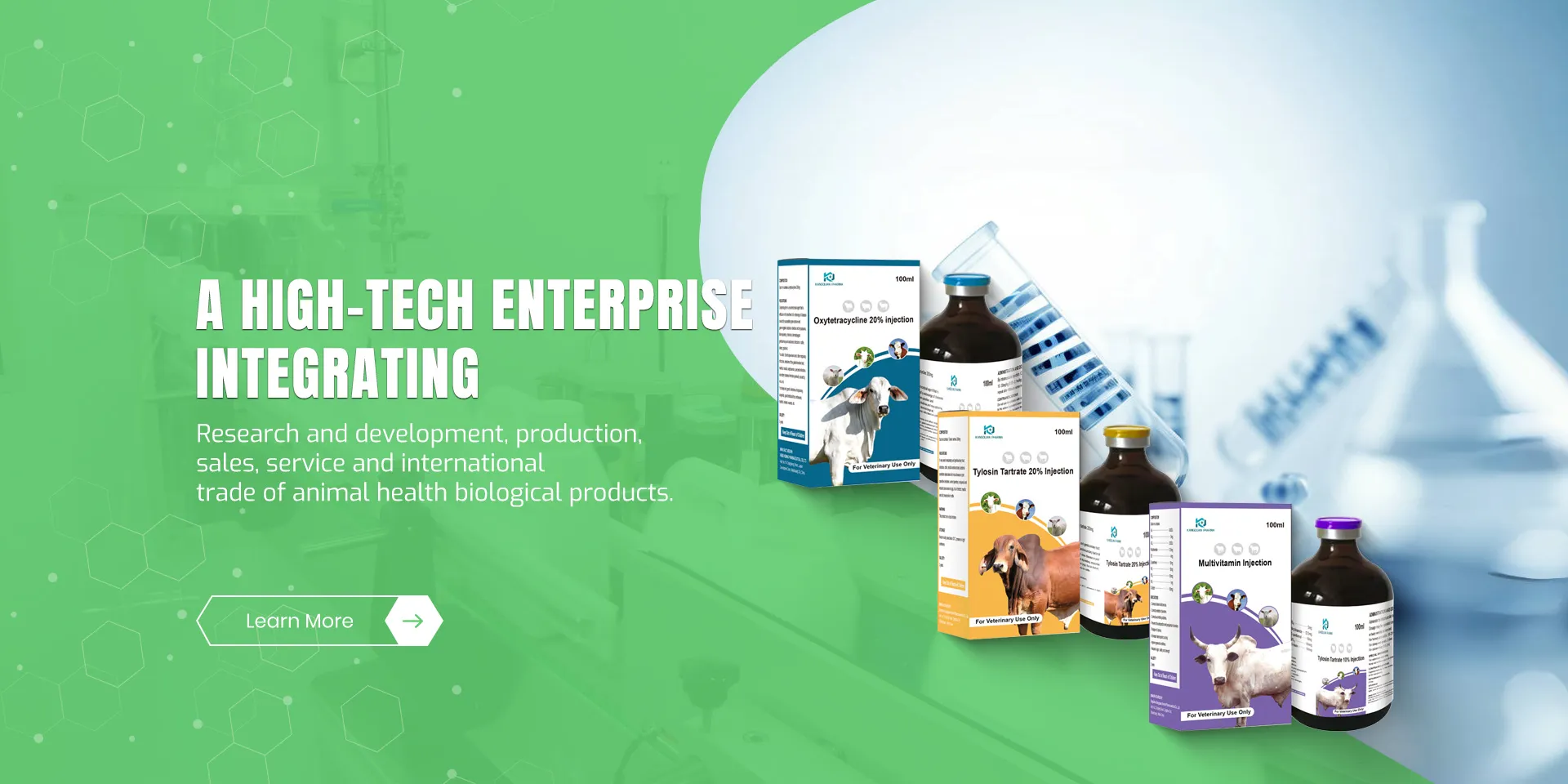- Afrikaans
- Albanian
- Amharic
- Arabic
- Armenian
- Azerbaijani
- Basque
- Belarusian
- Bengali
- Bosnian
- Bulgarian
- Catalan
- Cebuano
- Corsican
- Croatian
- Czech
- Danish
- Dutch
- English
- Esperanto
- Estonian
- Finnish
- French
- Frisian
- Galician
- Georgian
- German
- Greek
- Gujarati
- Haitian Creole
- hausa
- hawaiian
- Hebrew
- Hindi
- Miao
- Hungarian
- Icelandic
- igbo
- Indonesian
- irish
- Italian
- Japanese
- Javanese
- Kannada
- kazakh
- Khmer
- Rwandese
- Korean
- Kurdish
- Kyrgyz
- Lao
- Latin
- Latvian
- Lithuanian
- Luxembourgish
- Macedonian
- Malgashi
- Malay
- Malayalam
- Maltese
- Maori
- Marathi
- Mongolian
- Myanmar
- Nepali
- Norwegian
- Norwegian
- Occitan
- Pashto
- Persian
- Polish
- Portuguese
- Punjabi
- Romanian
- Russian
- Samoan
- Scottish Gaelic
- Serbian
- Sesotho
- Shona
- Sindhi
- Sinhala
- Slovak
- Slovenian
- Somali
- Spanish
- Sundanese
- Swahili
- Swedish
- Tagalog
- Tajik
- Tamil
- Tatar
- Telugu
- Thai
- Turkish
- Turkmen
- Ukrainian
- Urdu
- Uighur
- Uzbek
- Vietnamese
- Welsh
- Bantu
- Yiddish
- Yoruba
- Zulu
10 月 . 04, 2024 10:21 Back to list
ivermectin cattle injectable
Ivermectin Injectable for Cattle An Overview
Ivermectin is a broad-spectrum antiparasitic agent that has been widely used in veterinary medicine, particularly in treating various parasitic infections in livestock, including cattle. This powerful injectable formulation has proven effective against a wide range of internal and external parasites, making it a cornerstone in cattle health management.
Understanding Ivermectin
Ivermectin belongs to a class of medications known as macrocyclic lactones. It works by interfering with the nervous system and muscle function of parasites. In cattle, it is particularly effective against gastrointestinal strongyles, lungworms, and various ectoparasites such as lice and mites. As a result, veterinarians frequently recommend ivermectin as part of parasite management programs for both beef and dairy cattle.
Benefits of Injectable Ivermectin
One of the significant advantages of using injectable ivermectin is its long-lasting effect. The injectable formulation ensures a sustained release of the active ingredient into the bloodstream, providing prolonged protection against parasites. This long duration of efficacy often translates to fewer treatment cycles compared to other deworming methods, such as oral forms or pour-on solutions.
Furthermore, injectable ivermectin allows for precise dosing, which is critical in managing parasite resistance. Accurate administration helps maintain therapeutic levels while minimizing the risk of underdosing or overdosing, scenarios that can lead to resistance or toxicity, respectively.
ivermectin cattle injectable

Usage Guidelines
Before administering ivermectin, it is essential to follow veterinary guidance to ensure the correct dosage based on the animal's weight and health status. The typical dosage ranges from 200 to 400 micrograms per kilogram of body weight, depending on the specific formulation and target parasite. Injectable ivermectin is generally well-tolerated, but, like any medication, it can cause side effects in some individuals. Monitoring cattle post-injection for any adverse reactions is recommended.
The Role in Parasite Control Programs
Integrating injectable ivermectin into a comprehensive herd health program is crucial for effective parasite management. Regular deworming schedules, coupled with pasture management strategies and rotational grazing, help reduce parasite loads in cattle. Additionally, maintaining a clean living environment and proper nutrition can bolster the cattle’s immune system, making them less susceptible to infections.
Furthermore, addressing the development of parasite resistance is vital. This can be achieved by alternating the use of different antiparasitic agents and incorporating non-chemical control measures to help prevent the emergence and spread of resistant parasite strains.
Conclusion
Ivermectin injectable for cattle stands out as a potent tool in the fight against parasitic infections. Its efficacy, ease of use, and sustained action make it an invaluable asset in livestock management. However, responsible use, informed by veterinary advice and integrated with best management practices, is essential for maximizing its benefits while minimizing the risks of resistance. By maintaining diligent parasite control measures, cattle producers can ensure healthier animals and better production outcomes, contributing to a more sustainable agricultural system.
-
The Power of Radix Isatidis Extract for Your Health and Wellness
NewsOct.29,2024
-
Neomycin Sulfate Soluble Powder: A Versatile Solution for Pet Health
NewsOct.29,2024
-
Lincomycin Hydrochloride Soluble Powder – The Essential Solution
NewsOct.29,2024
-
Garamycin Gentamicin Sulfate for Effective Infection Control
NewsOct.29,2024
-
Doxycycline Hyclate Soluble Powder: Your Antibiotic Needs
NewsOct.29,2024
-
Tilmicosin Premix: The Ultimate Solution for Poultry Health
NewsOct.29,2024













